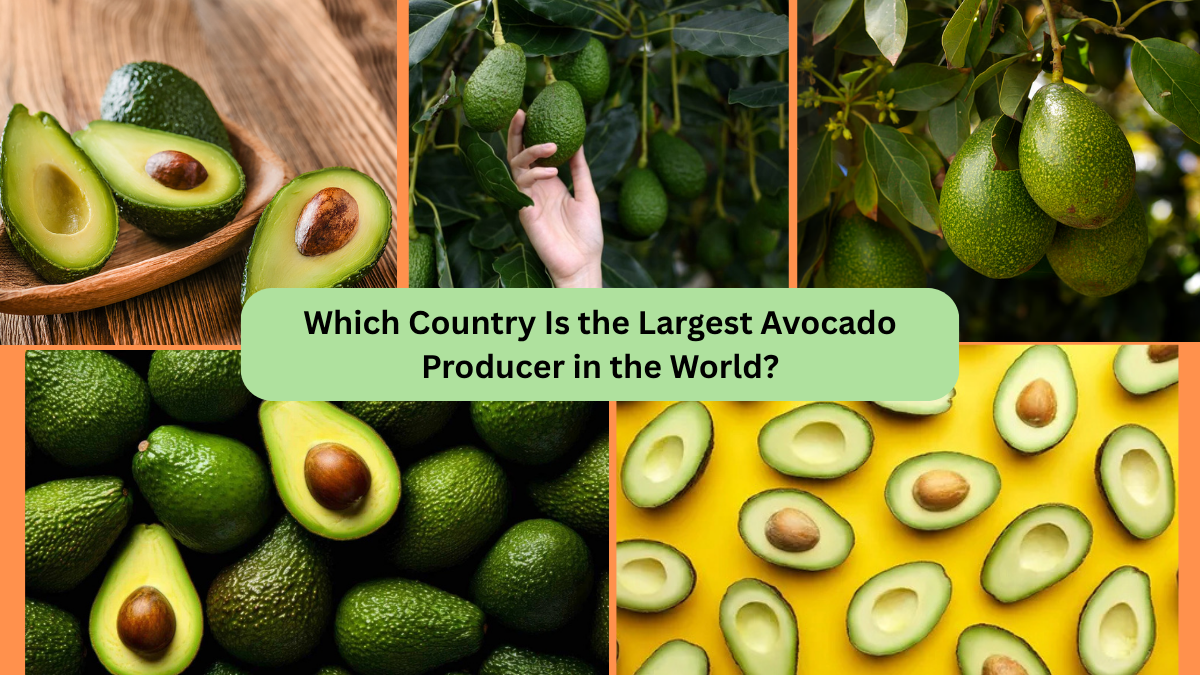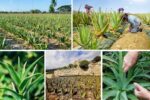Avocados, often referred to as “green gold,” have taken the culinary world by storm in recent years. From trendy avocado toasts to creamy guacamoles, this nutrient-packed fruit has earned its place in kitchens across the globe. But have you ever wondered where most of the world’s avocados come from? Which country holds the crown as the largest avocado producer on the planet? Let’s dive into this fascinating agricultural story and uncover the details behind the global avocado industry.
A Brief Introduction to Avocados
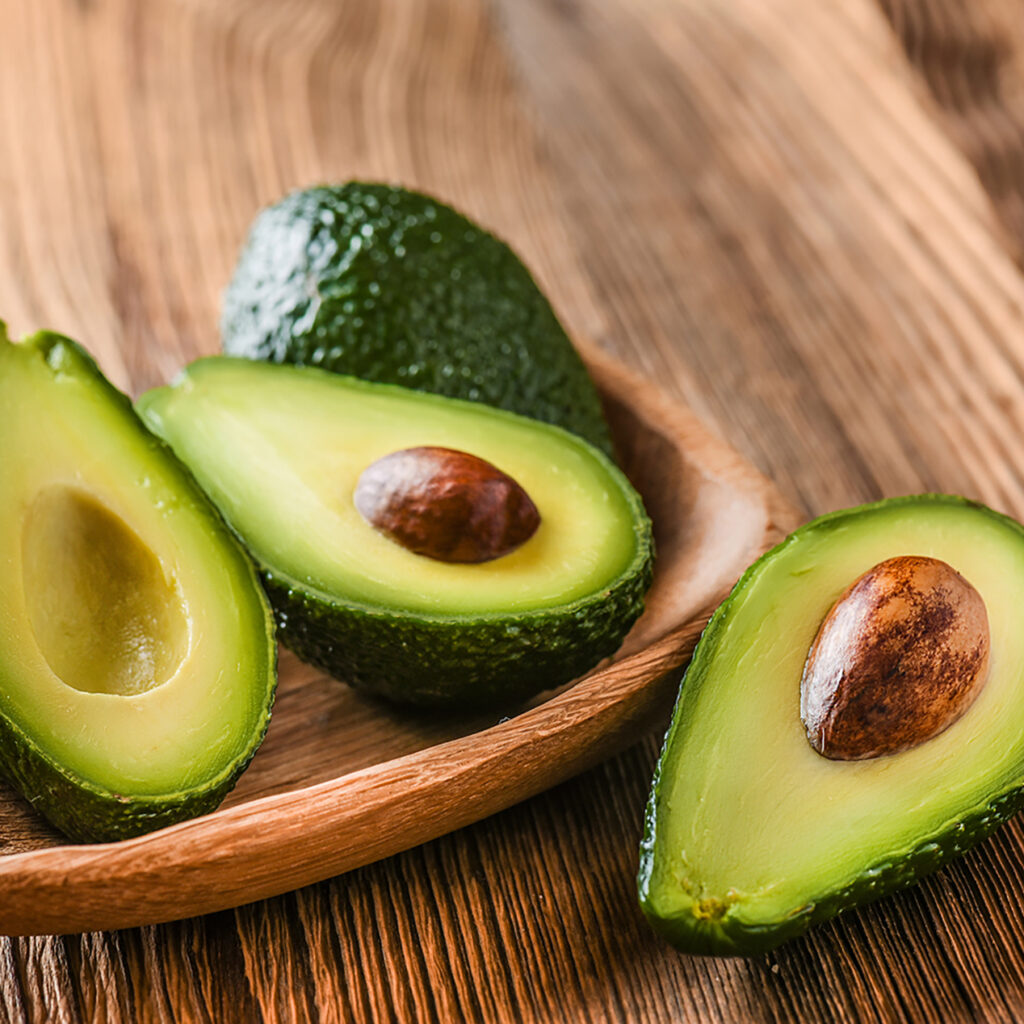
The avocado, scientifically known as Persea americana, is native to south-central Mexico and is a member of the laurel family. It’s a unique fruit because it contains healthy fats, mainly monounsaturated fats, which offer numerous health benefits. Avocados are loaded with essential nutrients such as potassium, fiber, and vitamins C, E, K, and B-6.
With their creamy texture and subtle, nutty flavor, avocados have become a favorite ingredient in countless dishes — from salads and smoothies to desserts and dips.
The global popularity of avocados has skyrocketed over the past two decades, making it one of the fastest-growing crops in international trade.
Which Country Is the Largest Avocado Producer in the World?
Mexico proudly holds the title of the largest avocado producer in the world.
According to the Food and Agriculture Organization (FAO) of the United Nations and recent agricultural production reports, Mexico produces over 2.4 million metric tons of avocados annually. This accounts for more than 30% of the world’s total avocado production.
Why Is Mexico the Leading Avocado Producer?
Several factors contribute to Mexico’s dominance in avocado production:
1. Ideal Climate and Soil
Mexico’s climate and volcanic soil are perfect for growing avocados. The country’s temperate and tropical highland regions provide optimal growing conditions, with mild temperatures, well-drained soils, and seasonal rainfall.
2. Rich Agricultural Tradition
Mexico has a rich history of avocado cultivation, dating back thousands of years to the Aztec and Maya civilizations. This longstanding agricultural knowledge, passed through generations, has made Mexican farmers experts in growing high-quality avocados.
3. Dedicated Avocado Growing Regions
The state of Michoacán is known as the heart of Mexico’s avocado industry. It alone accounts for over 80% of the country’s avocado production. The region’s elevation, ranging from 1,600 to 2,400 meters above sea level, provides perfect conditions for year-round avocado cultivation — a rarity in other avocado-growing nations.
4. Growing Global Demand
The global appetite for avocados, particularly in the United States, Europe, and parts of Asia, has significantly boosted Mexico’s avocado production. The proximity to the U.S. market, in particular, gives Mexico a logistical advantage in exporting fresh, ripe avocados quickly.
Michoacán: The Avocado Capital of the World
Michoacán deserves a special mention as it’s the world’s only region with a year-round avocado harvest. Its forests and farms are dedicated to growing Hass avocados, the most popular and widely exported variety globally.
Thanks to the region’s favorable conditions and established infrastructure, Michoacán supplies a significant portion of the avocados consumed in North America and beyond.
The local economy heavily depends on avocado farming, often nicknamed “green gold” due to its profitability. The avocado boom has transformed many small towns and rural communities in Michoacán, providing employment and improving livelihoods.
Other Top Avocado Producing Countries
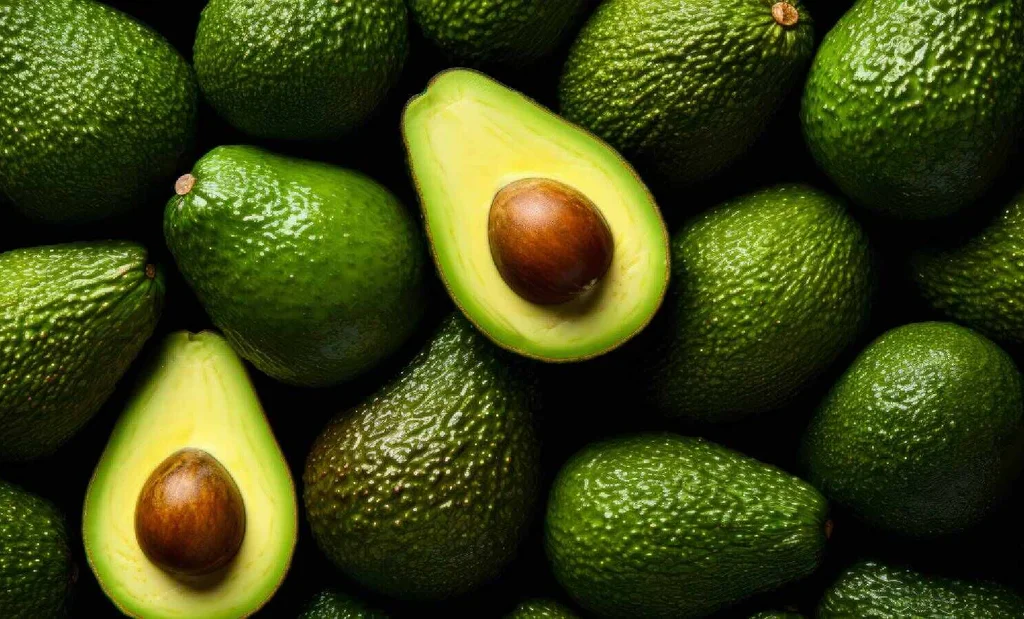
While Mexico leads the global market, several other countries also play significant roles in avocado production:
Colombia
Colombia has rapidly emerged as a major player in the avocado industry, with an annual production of around 980,000 metric tons. The country benefits from fertile soils and diverse climates that support different avocado varieties.
Peru
Peru produces approximately 777,000 metric tons of avocados annually and is one of the leading exporters, particularly to Europe and China. Peru’s efficient farming techniques and favorable export agreements have positioned it as a key supplier in the global market.
Indonesia
Indonesia ranks among the top producers, with about 669,000 metric tons produced each year. The domestic market primarily consumes its avocados, though exports have started to grow.
Kenya
Kenya is Africa’s largest avocado producer, contributing around 417,000 metric tons annually. It has become a prominent supplier to European and Middle Eastern markets.
Global Avocado Trade and Consumption
The global avocado trade has flourished in recent years. Avocados are now a staple in many international cuisines, driven by health trends and the rise of plant-based diets.
The United States is the world’s largest importer of avocados, with Mexico supplying over 80% of its demand. In fact, Americans consume more than 3 billion pounds of avocados every year, especially during events like Super Bowl Sunday and Cinco de Mayo.
European countries such as the Netherlands, Spain, and France are also major consumers and importers of avocados, while demand in China and Japan continues to grow steadily.
Economic Impact of Avocado Production in Mexico
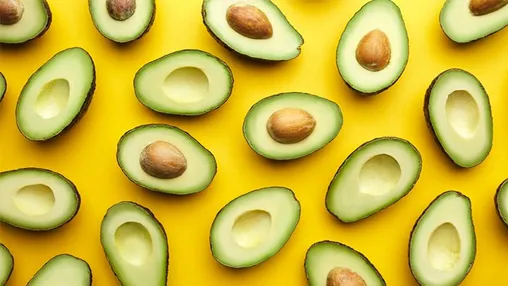
The avocado industry is vital to Mexico’s economy, particularly in Michoacán. It provides:
- Employment to over 300,000 people directly and indirectly
- Export earnings of over US$3 billion annually
- Investment opportunities in infrastructure, logistics, and farming technology
The “green gold” phenomenon has improved livelihoods in rural areas and attracted international investors to Mexico’s avocado sector.
Challenges in the Avocado Industry
Despite its success, Mexico’s avocado industry faces several challenges:
Deforestation
The expansion of avocado plantations has led to concerns about deforestation, particularly in Michoacán’s protected forest areas.
Security Issues
Organized crime groups have, at times, targeted the lucrative avocado trade, leading to safety concerns for farmers and producers.
Water Consumption
Avocado farming requires significant water resources, leading to debates over its sustainability in water-scarce regions.
Market Competition
As more countries increase their avocado production, global competition is intensifying. Maintaining quality, sustainable practices, and market share remains a priority for Mexico.
The Future of Avocado Production
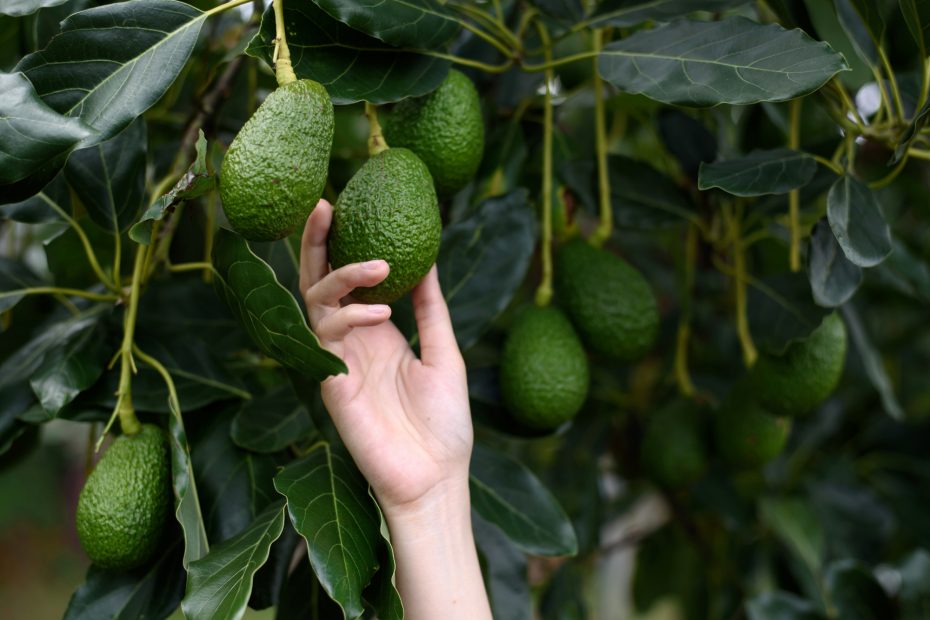
Despite the challenges, the future of Mexico’s avocado industry looks promising. Innovations in sustainable farming, water conservation, and international trade agreements are shaping a more balanced, eco-friendly future for avocado cultivation.
Mexico continues to invest in:
- Reforestation and conservation programs
- Improved agricultural practices
- Strengthened security for farmers
- Expanding to new export markets in Asia and the Middle East
With global demand showing no signs of slowing, Mexico is well-positioned to remain the world’s avocado leader for years to come.
In Conclusion
So, to answer the big question — Mexico is the largest avocado producer in the world. With its perfect climate, rich agricultural heritage, and passionate farmers, Mexico has turned avocados into a global phenomenon.
As health-conscious consumers continue to embrace this superfood, the story of Mexico’s “green gold” will only grow richer, greener, and even more remarkable.
